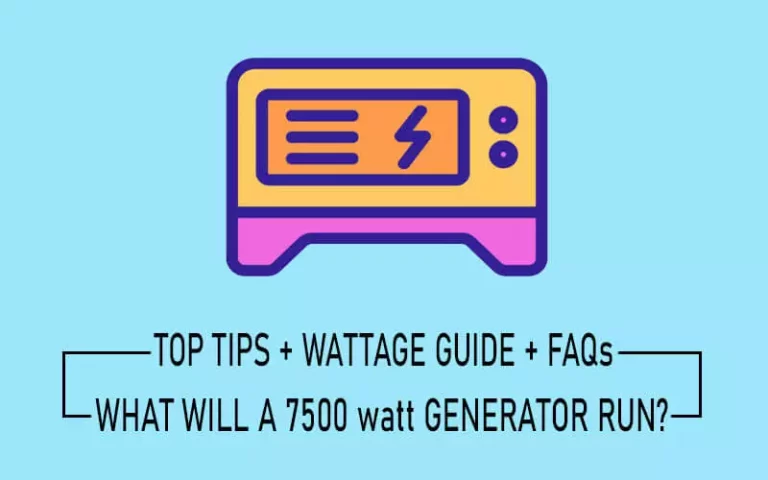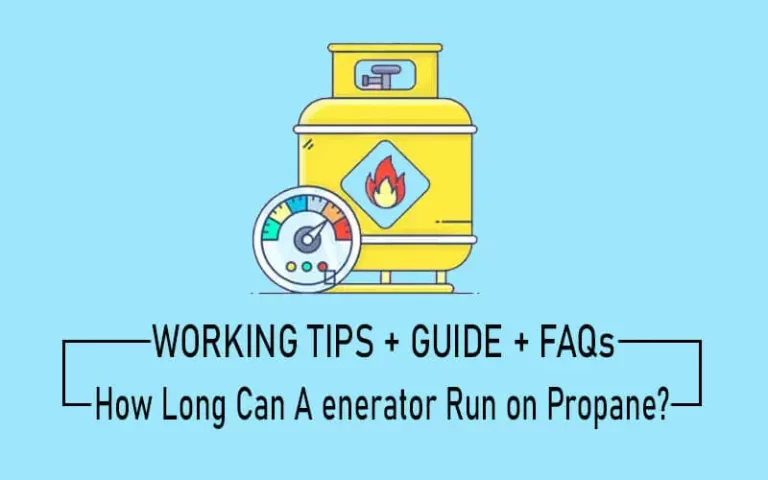Why My Portable Generator Won’t Start? (Causes and Fixes)
There are a few things to remember when shopping for a portable generator, such as fuel type, power output, run time, proper breaking in a generator, and noise level.
What To Do When a Portable Generator doesn’t Start?
Check these things to see if you can troubleshoot your portable generator not starting.
Check for a clogged carburetor
When your portable generator doesn’t start, check the carburetor first.
A clogged carburetor is the most common reason a generator won’t start. Cleaning can be done in several ways.
You can use a carburetor cleaner available at most auto parts stores.
Carburetors can also be cleaned with a brush. If you’re unsure how to clean the carburetor, you can take it to a technician.
Test the battery
A portable generator that won’t start should first be tested for a faulty battery. In the event of a dead battery, it is necessary to replace it.
In the case of an old battery, it may be necessary to clean the terminals and connections. If the battery is new, you may need to charge it.
In this case, the battery required to be replaced. You can buy a new battery at your local hardware store. Be sure to get your generator’s correct size and type of battery.
Blockage in the fuel tank or line
If your portable generator doesn’t start, you first should check whether there is a blockage in the fuel tank or line.
If there is, the fuel may not reach the engine, and you’ll need to clear the blockage before the generator starts.
The most common cause of blockage is dirt or debris in the fuel tank or line, so you’ll need to clean it out before the generator starts.
It may be necessary for you to take your generator to a service center if you can’t clear the blockage yourself.
Check the fuel filter/water separator
When your portable generator doesn’t start, you should first check the fuel filter/water separator.
The engine will not be able to accept fuel if the filter becomes blocked. It is also important to look for kinks or obstructions in the fuel line.
A clogged fuel line prevents fuel from reaching the engine as well.
Take a look at your spark plugs.
If the generator does not start, check the spark plugs first. Spark plugs may cause problems if they are dirty or damaged.
Taking the generator to a qualified technician to have the spark plugs cleaned or replaced is also an option.
Clean the air filter
First, clean the air filter on your portable generator if it won’t start.
A dirty air filter can prevent enough air from getting to the engine, causing it to overheat and shut down.
To clean: Clean the air filter using a brush or compressed air after removing it from the generator. Once the filter is clean, reattach it and start the generator again.
Why wouldn’t a generator start?
The most likely cause is battery failure when a generator fails to start. An insufficient battery prevents the generator from creating electrical energy.
There is also a possibility that a fuel system problem could result in the generator not starting.
If the generator is not getting enough fuel, or if the fuel is not of good quality, the engine will not start.
Finally, a generator may fail to start if the engine has a problem. If the engine is not getting enough oil or the spark plugs are not working correctly, the engine will not start.
FAQS: Generator Won’t Start
What is the common problem with generators?
The number one problem with generators is neglected maintenance.
When a generator is not properly maintained, it can lead to several issues, including decreased performance, increased fuel consumption, and, eventually, generator failure.
Neglected maintenance often results from not understanding the importance of regular maintenance or simply not having the time to do it.
However, proper maintenance is essential to the longevity and performance of a generator, and it should not be neglected.
What are some other common problems with portable generators?
Other common problems with portable generators include:
- The engine is overloading.
- The generator is overheating.
- There’s a problem with the electrical panel.
- The engine isn’t getting enough oil.
- The generator isn’t getting enough fuel.
If you’re experiencing any of these problems, you should take your generator to a service center for repair.
Repairing a generator costs how much?
For a minor repair, such as replacing a spark plug or a small part, you may only spend $60.
However, if the injury is more notable, such as a faulty engine, you could spend $600 or more.
It is important to keep in mind that there are a few factors that can affect the cost of repairing a generator, one of which is the type of generator.
If the generator is small and portable, the repair will likely cost less than if the generator is significant and industrial.
The size of the generator will affect the price of the parts that need to be replaced and the price of labor.
Another factor that can affect the repair cost is the damage’s severity.
If the generator only needs a few small parts replaced, the repair will be less expensive than if the generator needs significant repairs.
The cost can also be affected by the location of the repair.
How long does a portable generator last?
The average portable generator will last for about 2,500 hours.
However, some models can last up to 3,000 hours with proper maintenance.
To prolong your portable generator’s life, follow the manufacturer’s recommended maintenance schedule.
This will help ensure your generator runs smoothly and efficiently for as long as possible.
Final Verdict
If your portable generator won’t start, the problem is likely with the fuel, the spark plug, or the carburetor.
Make sure you have fresh fuel, that the spark plug is clean, that the gap is set correctly and that the carburetor isn’t dirty and is getting fuel.


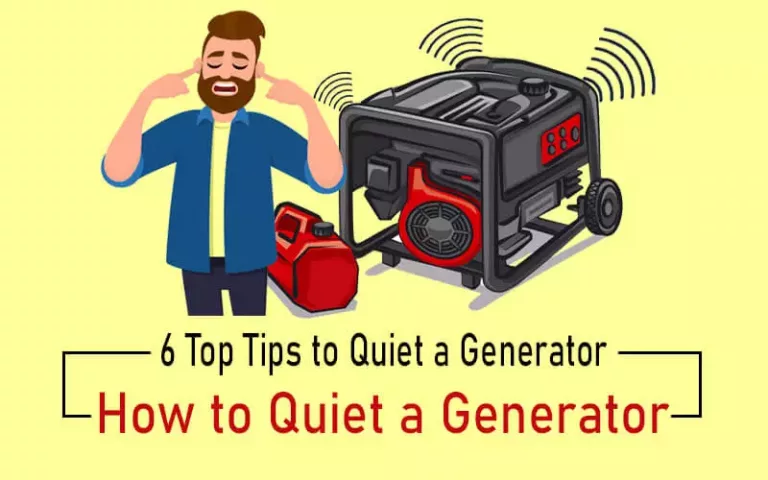
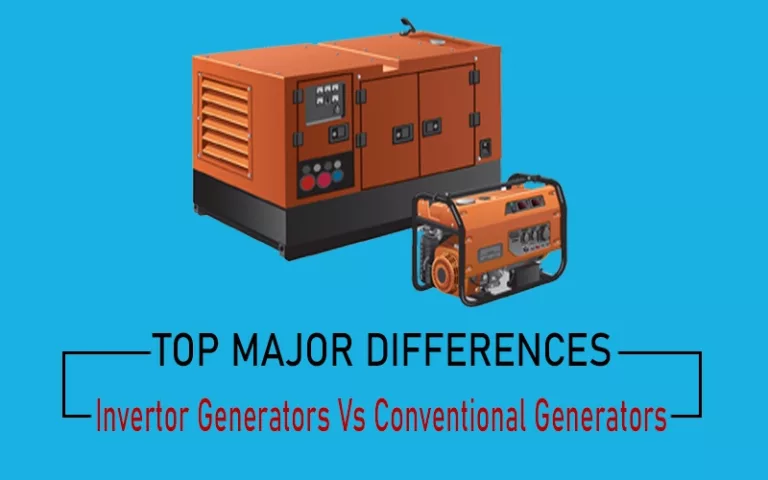
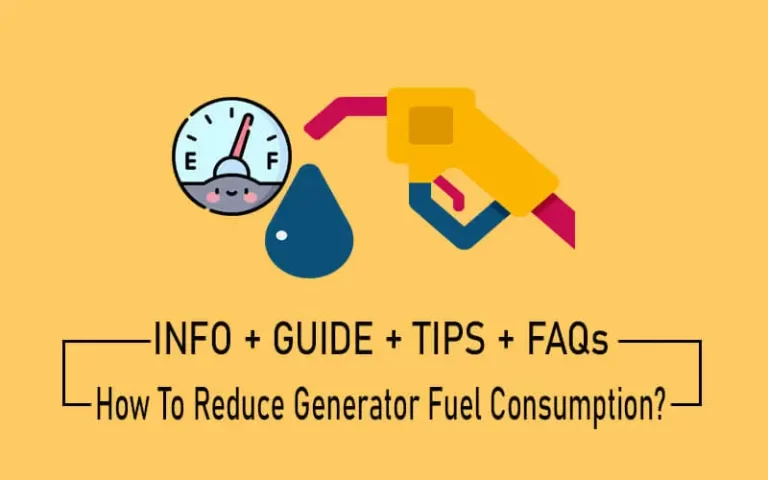
![How Much Does a Whole House Generator Cost? [+Factors] 2023](https://allgeneratorinfo.com/wp-content/uploads/2022/08/how-much-does-a-whole-house-generator-cost-768x480.webp)
